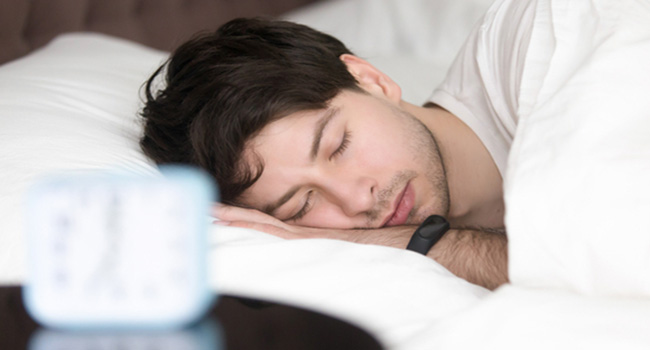
Insomnia is a sleep disorder that affects many people around the world. It is a condition where an individual has difficulty falling asleep or staying asleep throughout the night. Insomnia can affect a person's overall health and quality of life as it can lead to daytime sleepiness, fatigue, and irritability.
Insomnia can be caused by various factors such as stress, anxiety, depression, medications, and medical conditions such as sleep apnea. It can also be a result of poor sleep habits and lifestyle choices such as drinking caffeine or alcohol before bedtime, irregular sleep schedules, or spending too much time in front of electronic devices.
There are different types of insomnia, including acute insomnia, which is short-term and usually lasts for a few days or weeks, and chronic insomnia, which lasts for more than three months. Acute insomnia can often be resolved on its own, while chronic insomnia requires medical attention and treatment.
Treatment for insomnia can involve behavioral therapy, medication, or a combination of both. It is important to seek medical attention if insomnia persists as it can lead to other health issues if left untreated. Understanding the causes and treatments for insomnia is crucial in maintaining good health and well-being.
There are many ways to help improve sleep, such as taking medication or trying natural remedies. One natural remedy that has been studied is taking a warm bath with baking soda added to the water.
Clinical Trial
In a clinical trial, researchers wanted to find out if taking a bath with baking soda, also known as sodium bicarbonate, could help people sleep better. They recruited healthy adults without sleep problems to participate in the trial. The participants were divided into three groups: one group took a shower as usual, another group took a regular bath, and the third group took a bath with baking soda added to the water. Each participant did this once a day for seven days, after dinner.
